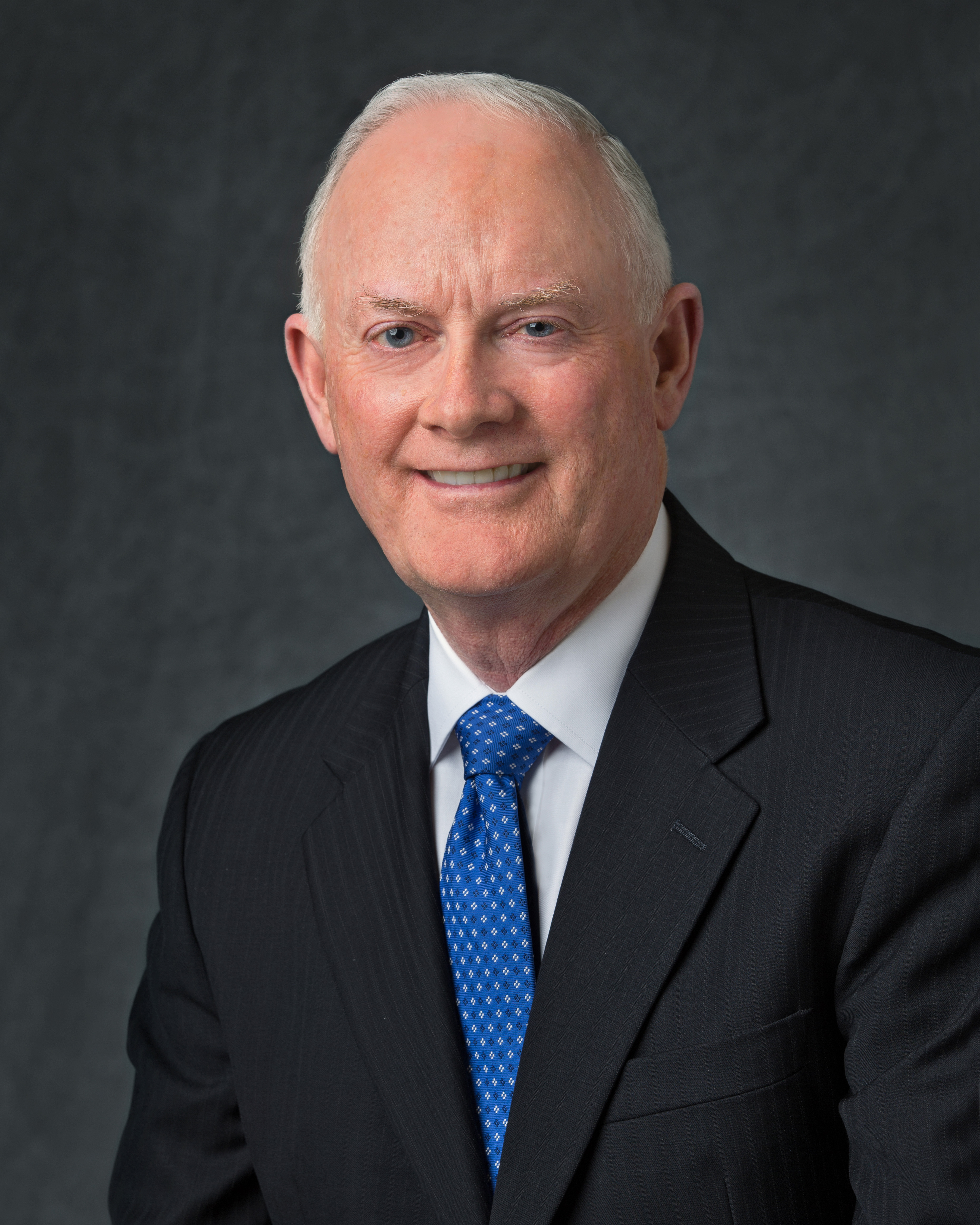About
An Invitation to Educate Differently
“...we need to educate more deeply and more powerfully than we have ever done before or than anyone has ever done before...it only happens through learning that enlightens the mind, deepens spirituality, and strengthens the understanding of the heart.” – Elder Kim B. Clark, “CES – The Lord’s Educational System for His Church,” BYU Hawaii, May 19, 2016

In response to Elder Kim B. Clark’s statement to educate in more powerful ways, we set out on a journey to explore questions about student learning and advancing practices in teaching and learning at Ensign College.
We started by focusing on these key phrases:
- Immersive learning
- Real and relevant learning environments
- Learner agility
- Develop essential capabilities and workplace-ready skills
- Building students for the Second Coming
Next, we formulated the following research questions:
- How do students differ in motivation and self-regulation when placed in an immersive learning climate verses a traditional classroom approach?
- What principles and guidelines can be identified within the experimental condition as a set of norms and standards for deep learning using learner-centered teaching methods?
- What methods will help to inform better teaching and learning practices?
- What ways can we teach our students to deepen their reliance on the Spirit during the learning process and articulate how the gospel of Jesus Christ works in their life?
From this five-year journey, we created and refined a principle-based approach to learning and teaching to fulfill our mission, to develop capable and trusted disciples of Jesus Christ.
The Ensign College Learning Signature
Students fulfill the mission of the College through our unique Learning Signature to:
- Prepare to develop and demonstrate professional capabilities.
- Act as an agent of your learning in immersive environments, resulting in Deep Learning---to know, do, and become.
- Demonstrate how your journey to become a capable and trusted disciple of Jesus Christ has changed and shaped you to embrace future opportunities with confidence, resiliency, and faith.
Additional information regarding the Learning Signature can be found here .
Our Research on Learning and Teaching; Our Immersive Approach and Methods
Our immersive approach to learning and teaching included the following pedagogy and practices:
- Learner-centered teaching methods and environments
- Skills-based education which includes technical/discipline-specific skills integrated with soft-skills and the creation of the College-Wide Capabilities (CWCs)
- Capability-based outcomes where learning experiences are student-driven to meet the intended course outcomes
- Assessment and evidence practice through CWC Rubrics that were designed around workplace-capabilities and adapted from the AAC&U Value Rubrics
We created learning environments where students were given opportunities to become agents of their own learning from the very first day and hour of the semester.
Rather than being lectured to, learners were placed in immersive experiences within the classroom where they were given choices on how they would meet the course competencies and how they would develop and demonstrate the needed capabilities for the world of work. Rather than walking in and hearing a teacher review the syllabus on the first day of class, they were invited to act and immerse their hearts and minds into the subject matter or discipline.

“If we always do what we have always done, then we will always get what we have always gotten. May I suggest that what we have always done and always gotten were good in their time but need to improve as the Lord is quickening the pace.” – Elder David A. Bednar, “Learning and Teaching in the Lord’s Way,” New Mission Presidents Seminar, June 25, 2014
This type of learning environment involved humility, a growth mindset, meaningful reflection, and mindfulness of classroom climate from both the teacher and students. This shift in balance required a different type of support and mentoring for students to become more agile in this type of learning environment. Peer-to-peer reliance and ministering strengthened, which strengthened teamwork, emotional intelligence, leadership, and collaboration.
Rather than taking multiple-choice exams to demonstrate mastery of content, learning experiences were designed around the demonstration and mastery of skills, based on the knowledge attained. Because of the immersive nature of the classroom environment, students were engaged, active, and received formative feedback on their strengths and areas of improvement which propelled the development of capabilities and skills during their learning journey.
We underestimated the power of immersive learning to change and transform students as they shared in the decision-making process to meet the intended learning outcomes. Although difficult at times, and very different than being “spoon-fed” content, students accepted this shift in responsibility as they became managers verses passive participants in their learning journey. They emerged with a deeper understanding of their divine potential and felt empowered as they mastered themselves as learners verses simply mastering the content for an exam.
“We awaken in all students a confidence in their boundless capacities to learn regardless of previous personal experiences.” - President Henry B. Eyring, Inauguration at LDS Business College, Oct. 13, 2009
Results and Outcomes
“Look for ways, not prescriptive ways, to immerse your learners in transformational learning experiences. This should be revelatory for each of us.” - President Bruce C. Kusch
With sound principles in place, the Learning Signature was created and is applied throughout our Applied Sciences and General Education areas. With Ensign College’s Learning Signature, students are introduced to the “why” behind immersive learning early on, and given opportunities to understand how it can bless and influence their life, both intellectually and spiritually.
From our research we found informative answers to our original questions about learning and teaching:
- Students are more engaged and motivated to act and learn deeply when placed in immersive learning experiences and environments
- Students placed in the Spirit-centered and immersive learning environments have greater need to study and learn by faith as they seek the gifts of the Spirit.
- Students gain greater confidence and resiliency when they’re given something to solve or something to design, followed by critical reflection of what they know, what they can do, and how they would articulate this in a workplace setting
- This type of learning results in profound transformations, life changing shifts in students’ perspectives of the subject matter, themselves, others, and the world around them. When students are placed in the center of their learning and given opportunities to seek, discover, solve, create and design, their motivation, initiative, and resiliency draws them to a deeper understanding of their capabilities and the divine potential within them. This type of learning results in change and confidence, students can go out into the world and build the Lord’s kingdom with the skills and talents they’ve developed.
